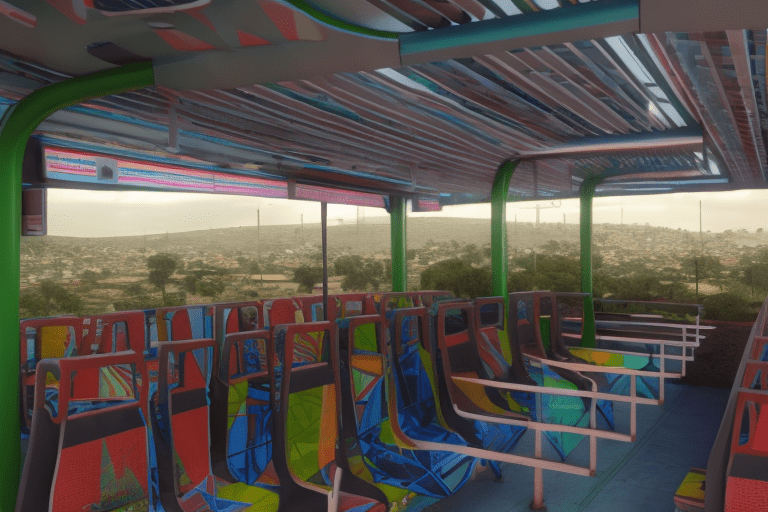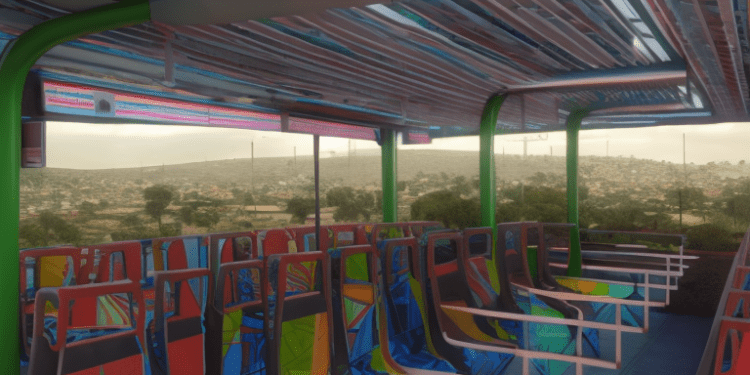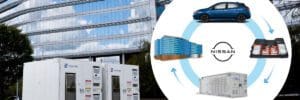BasiGo, the Kenyan electric mobility startup, is revolutionizing the public transportation sector by providing operators with a cost-effective electric alternative to diesel buses. Last week, the company delivered BYD K6 electric buses to two operators in Nairobi: OMA services and Super Metro Sacco. These buses will be plying the CBD – BuruBuru – Civil Servants estate (CIVO) route and will be fully cashless, operating on the Sasapay platform and payments being made via Mpesa.
BasiGo’s innovative Pay-As-You-Drive Model makes it easier for operators to get brand new electric buses. This model charges a single daily subscription fee per km driven, billed and paid directly between the operator and BasiGo. It also includes nightly charging of the battery, all standard service and maintenance for the bus, free battery replacement in the event of any battery issue, dedicated customer care, roadside assistance, free software upgrades, and more.
Since launching in March 2022, BasiGo’s electric buses have driven over 150,000 kilometers and carried over 200,000 passengers as part of fleet operations with 2 Nairobi bus operators. The company plans to supply over 1,000 locally manufactured mass transit electric buses to transport operators in Kenya over the next three years. Currently, there are four routes in Nairobi where you can get on one of the K6 electric buses: Citi Hoppa, East Shuttle, Super Metro, and OMA. You can track the buses live here: https://smartbus-locator.basi-go.com/.
The adoption of electric buses is critical to reducing tailpipe emissions and improving air quality in Nairobi. According to a report by the Kenya Institute for Public Policy Research Analysis (Kippra), 8 out of 10 Nairobians walk or use matatus (small to medium size commuter buses) to work. The buses will be assembled locally in Mombasa, on the Kenyan coast, boosting local industry and creating job opportunities. Kenya has an installed electricity generation capacity of 3,321 MW and renewables provided about 90% of Kenya’s electricity generation in 2021. Electric vehicles in Kenya will be charged using some very clean electricity.
BasiGo is making great strides in revolutionizing the public transportation sector in Kenya by providing operators with a cost-effective electric alternative to diesel buses. With its Pay-As-You-Drive Model and four routes in Nairobi, it is making it easier for people to access and experience the world of electric mobility. The company is also helping to reduce tailpipe emissions and improve air quality in Nairobi while boosting local industry and creating job opportunities.
FAQ
Q1. How electric car batteries work?
A1. Electric car batteries are typically lithium-ion batteries that store energy and power the motor. They are recharged by plugging the car into an electric outlet or charging station.
Q2. What electric car has the longest range?
A2. The Tesla Model S has the longest range of any electric car currently on the market, with a range of up to 370 miles on a single charge.
Q3. How electric car chargers work?
A3. Electric car chargers work by connecting the car to an electrical outlet or charging station and transferring electricity from the outlet to the car’s battery. The amount of time it takes to charge the battery depends on the type of charger and the size of the battery.






